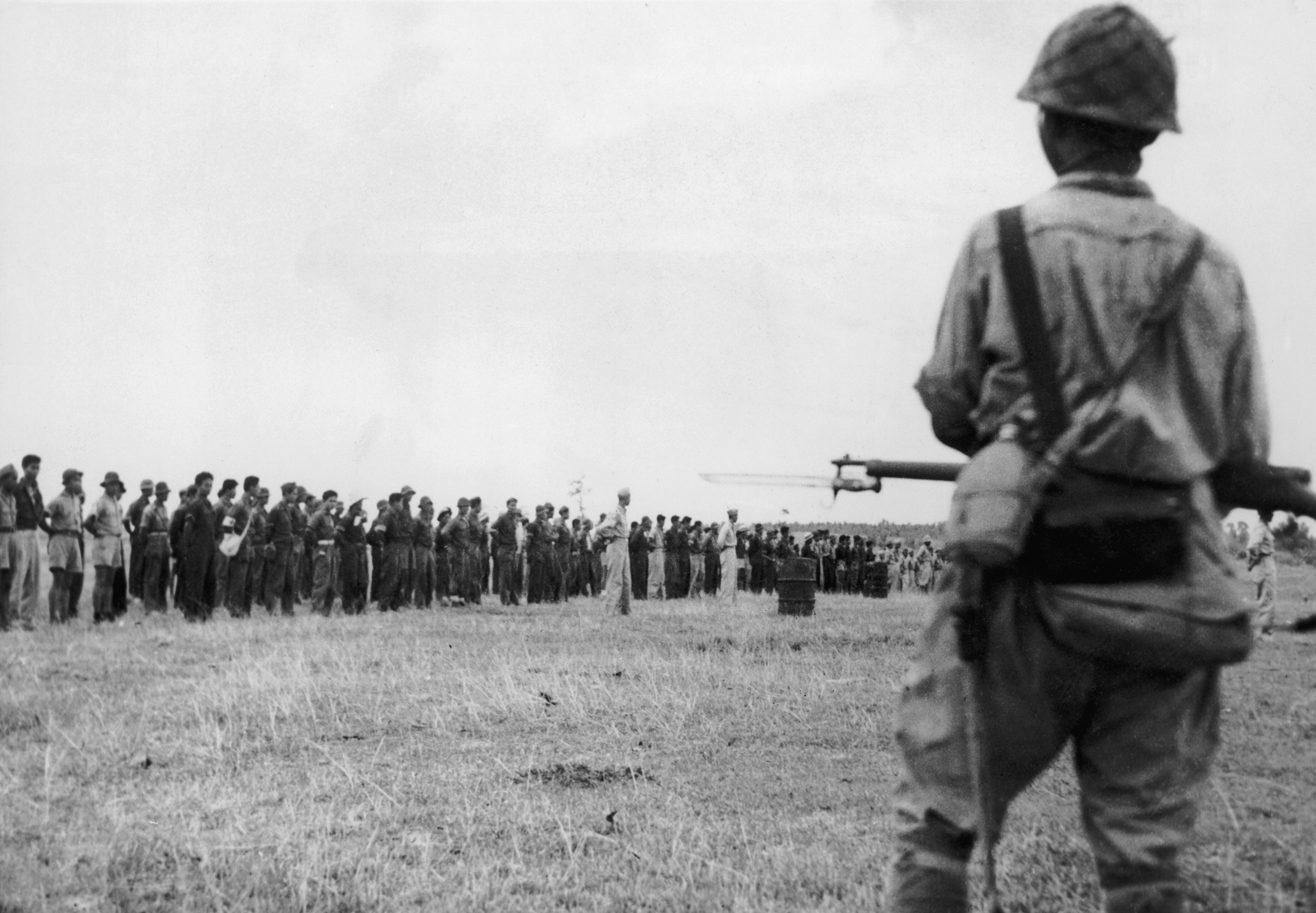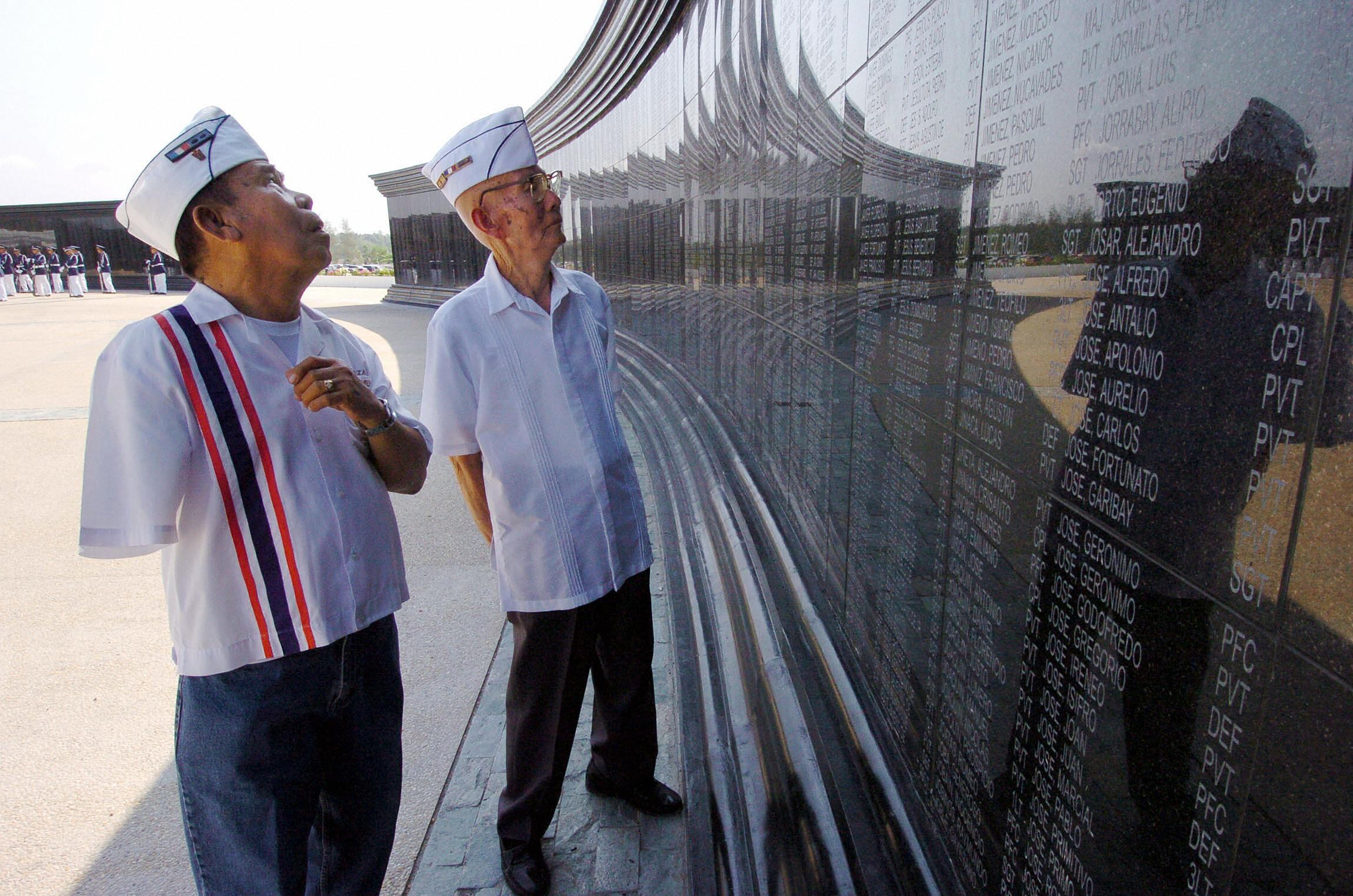On November 27, 1937, in its final football game of the season, Notre Dame found itself tied 6-6 late in the fourth quarter against Southern California. The 9th ranked Fighting Irish desperately needed a spark. Its fullback, Mario “Motts” Tonelli, delivered.
Taking a handoff from deep in Irish territory, the 5′11, 210-pounder took off down the field, weaving for 77 yards before being tackled yards away from pay dirt. Seconds later Tonelli took advantage of the momentum, scoring the game-winning touchdown as exuberant fans roared.
Tonelli admitted after the game that he didn’t “remember that run. I don’t know just what I was thinking about, except just to run.”
But there was one fan that day who certainly remembered the running back, one who would remind Tonelli of it nearly five years later on the other side of the world and on opposite sides of World War II.
After graduating from Notre Dame, Tonelli made the leap to the NFL, signing a contract in 1940 with the Chicago Cardinals. However, as war loomed Tonelli felt the call of duty to serve his nation and enlisted in the U.S. Army following the end of the Cardinals 1940-41 season.
On December 7, 1941, the Fighting Irish alum found himself stationed at Clark Field on Luzon, the main island of the Philippines. The following day, with Japanese bombs littering the area around Clark field, it dawned on Tonelli that what he thought would be a one-year tour of service was going to be prolonged into an interminable hell.
“Unable to reach his anti-aircraft gun, [Tonelli] grabbed a nearby Springfield rifle and fired fruitlessly into the horde of enemy aircraft until the Japanese planes departed,” the National Museum of the Army writes. “Soon after the initial assault, Tonelli joined the rest of the American and Filipino forces in their withdrawal into the Bataan Peninsula.”
Retreating into the jungle, Tonelli and his comrades continued their fight against Japanese forces despite a rapidly dwindling supply of food, medicine, and ammunition.
On April 9, 1942, with no choice but to capitulate, some 9,700 Americans and their 66,300 Filipino allies surrendered to the Japanese. The already weakened or sick Allied soldiers were forced to trek 60-plus miles with little food or water, enduring what was later termed the Bataan Death March.

“[The] Japanese executed anyone who broke formation or couldn’t keep up and casually butchered others,” according to historian Peter Duffy. “Men were left where they fell, sometimes to be run over by Japanese vehicles. During breaks, most prisoners were forced to sit in the hot sun.
“The best estimates,” Duffy continued, “suggest that approximately 500 Americans and 2,500 Filipinos died” during the march.
Among those who survived long enough to reach the ad hoc Japanese prison, Camp O’Donnell, was Tonelli, who, along with his fellow soldiers, were subsequently stripped of all valuables. For Tonelli, that meant giving up his gold Notre Dame class ring.
Moments later a Japanese officer approached the former NFL-er and asked, in perfect English, “Did any of my men take anything from you?”
“Yes, he took my Notre Dame ring,” a puzzled Tonelli responded.
The Japanese soldier told the bewildered Tonelli that he had attended the University of Southern California and knew all about Tonelli’s game winning play against the Trojans, according to the National Museum of the Army.
“I know how much this ring means to you,” the officer told Tonelli before handing him back his ring. “So I wanted to get it back to you.”
Without telling the American his name, the officer turned and walked away.
Fed moldy rice and little else over the next seven weeks at Camp O’Donnell, prisoners battled dysentery, diphtheria, elephantiasis, and other ailments. Some 1,500 Americans and 26,000 Filipinos died, according to Duffy.

A subsequent move to Cabanatuan and then Mindanao ensued, where a starving Tonelli and his fellow prisoners were forced into slave labor in a rice paddy. It was during this time that Tonelli contracted a parasite, leaving him with relentless abdominal pain that piled onto his already-acute hunger pangs.
In the summer of 1944, Tonelli was placed aboard a Japanese “hell ship,” where he remained in dark, cramped quarters for 62 days while en route to Japan.
“Nothing was worse than a World War II Japanese POW camp — except a trip on a prisoner transport ship,” historian David Aquila wrote.
An estimated 50,000 Allied POWs boarded hell ships during the war. Gregory Michno, author of “Death on the Hellships,” wrote that of that number, 21,000 didn’t survive — more fatalities than the U.S. Marines sustained during the entire Pacific War.
Tonelli felt certain during the voyage that he would never see the sun again. And yet he survived, barely. Upon arrival to Nagoya No. 7, a prison camp near the village of Toyama, Tonelli, stricken with malaria and the parasite, told the Notre Dame News he “felt that (Toyama) would be my last stop. I was going to die there or be liberated.”
There Tonelli labored for 10 months before being transferred in June 1945 to a scrap metal plant. Putting on his new prison garb, Tonelli noticed the number 58 stitched into the fabric — the same number he wore at Notre Dame and as a member of the Chicago Cardinals.
“From that point on,” he told Notre Dame News, “I knew I was going to make it.”
With American forces closing in on mainland Japan, Tonelli began seeing American planes flying overhead daily.
“One day, a plane flew in close to the prison and dropped a carton of cigarettes that had a handkerchief tied on as a parachute,” according to the National Museum of the Army.
“Writing scribbled on the parachute read, ‘Hostilities have ceased. Will see you soon.’”
After 1,236 days as a prisoner of war, Tonelli, weighing just 98 pounds, was liberated.
Two months after being freed Tonelli was back up to 183 pounds thanks to “a miracle of American roast beef, butter and milk,” Chicago Daily News sportswriter Francis J. Powers commented.
Cardinals owner Charlie Bidwill even re-signed Tonelli, despite the former POW’s lingering health issues, and on October 28, 1945, the former Notre Dame star was back on the football field.
After playing in one game against the Green Bay Packers, Tonelli retired from professional sports. Soon after, he was sworn in as the youngest commissioner in Cook County, Illinois history — retiring in 1988 after 42 years of public service.
Tonelli died in January 2003 at the age of 86. His Notre Dame ring was still on his finger.
Claire Barrett is the Strategic Operations Editor for Sightline Media and a World War II researcher with an unparalleled affinity for Sir Winston Churchill and Michigan football.




